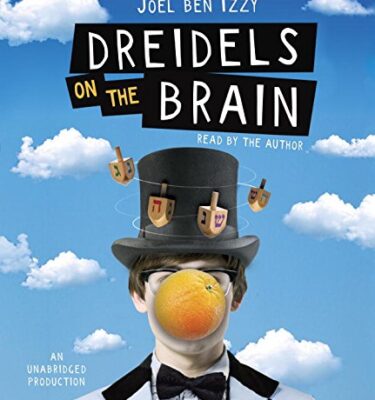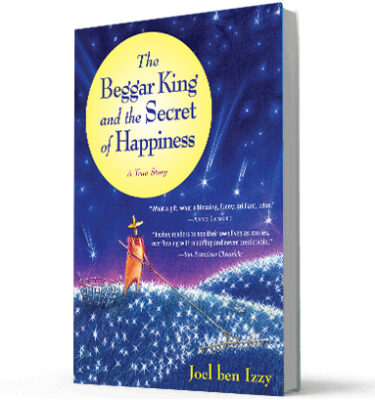
Photograph by Deborah Lee Soltesz
Stories for Dark Times
Last week I sat down to write you about this exciting online course I’m teaching, which starts starting next Tuesday through the School for Sacred Storytelling. I thought I would also share some stories from my recent travels, which have been extensive – Israel, Jordan, Rwanda, Alaska, Mexico, then back to Israel for a beautiful family celebration of my father-in-law’s 95th birthday, capped off by a brief trip to Istanbul, before returning home to Berkeley. It has been quite a journey, with plenty of stories to share.
Then, on Saturday, like you, I woke to horrific news from Israel and Gaza, a tragedy that continues to unfold. Places where I had spent such peaceful times just a few weeks ago – like the courtyard of the Ottoman era home in Jaffa where we stayed, filled each morning with the fragrance of frangipane and each evening with sounds of church bells, the muezzin’s calls to prayer, and someone practicing shofar – suddenly became places of terror, sorrow, and grief. While the relatives we visited all survived the immediate attack unharmed, it is terrible time for them all, and for all of us, as we follow the news. Four have been called to war so far, one leaving behind a two-month-old baby. It is truly heartbreaking.
This, I realized, was not the time to share tales from my travels. Stories need to breathe, and there is no air for these now, though I am sure there will come a time. As for the huge and horrific story unfolding by the hour, it is hard to know what to say. While an essential role of a storyteller is to make meaning what happens in our lives, that process takes reflection over time, and it is far too early to even begin to see meaning in this madness.
* * *
Even in dark times, however – especially in dark times – it is important to find and tell stories that connect us to ourselves and to one another. Thus, I welcome you to check out my upcoming class, Finding the Stories That Shape Your Journey Through Life.
It starts on Tuesday October 17th, from 11-1 Pacific Time, running for six weeks, with a small group lab session between each class. We’ll cover essential storytelling techniques, then take time the time, space, and opportunity to sift through their own lives, finding treasures in the form of stories, seeing how those tales form the throughline of our journeys. Whether you’re an experienced teller or new to the art form, you are welcome to join. The school offers a fascinating array of storytelling opportunities as well, including a certificate program, focusing on storytelling that delves into the mystical, magical, and meaningful – check out their website.
While you’re here, I also wanted to share something that is at once tiny and hopeful. Like many of you, I’ve been glued to the news lately, and it’s been horrible. But if stories have any magic power, it is to remind us of what is good and beautiful in this world. With that in mind, I invite you to check the link to this little video my wife shared with me, which lit up my day.
While it is always important to notice moments of light, it is essential to do so in dark times.
Blessings,




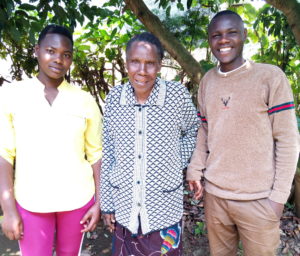 Like so many Rwandan stories it takes place in the shadow of the 1994 genocide. Additional hostilities led to their parents hiding in the jungle, where Pacifique and Jeannette were born. Pacifique’s right hand was twisted backwards during birth and, because of the lack of medical care, it remained that way.
Like so many Rwandan stories it takes place in the shadow of the 1994 genocide. Additional hostilities led to their parents hiding in the jungle, where Pacifique and Jeannette were born. Pacifique’s right hand was twisted backwards during birth and, because of the lack of medical care, it remained that way.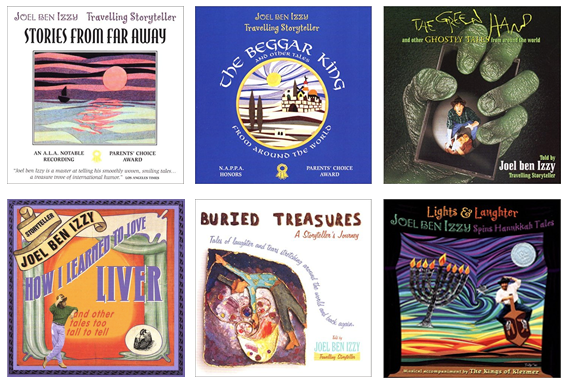



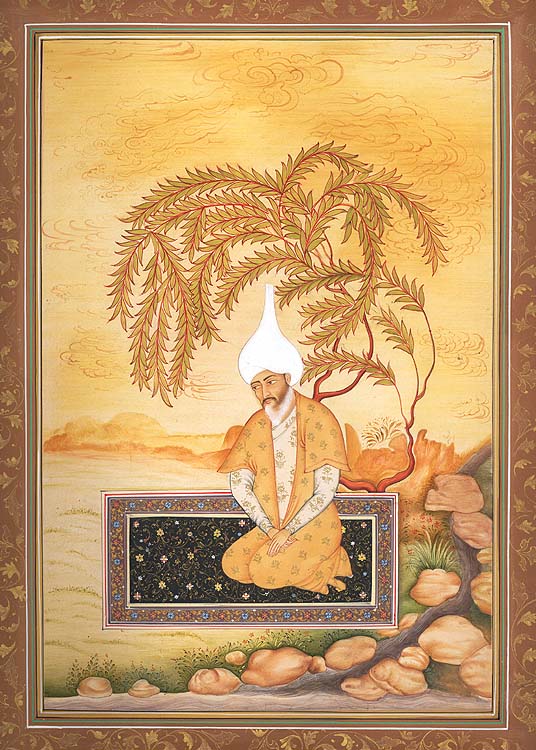




 This fall I had the opportunity to lead a storytelling retreat in one of the richest places in the world for stories, the southernmost island in all of Ireland – Cape Clear. The picture of the group is below, and their stories were wonderful. There were true tales of banshees, of a fellow named Walter, whose name had come from a Flemish song about a goldfish, and his good friend, Michel, whose name had come from the Beatles song. Though the two had been friends since childhood, neither had ever known that both their names came from songs. There was the story of the man who had no story, and the recounting of an ill-fated attempt to blow up a bridge during “the troubles.” There were tales of languages, the land, village characters, Irish folk hero, and the story of a young boy and hazelnut tree I don’t think I’ll ever forget. While these stories are not mine to tell, they are certainly rich, so if you happen to see anyone from the photo below, ask them to tell you a tale.
This fall I had the opportunity to lead a storytelling retreat in one of the richest places in the world for stories, the southernmost island in all of Ireland – Cape Clear. The picture of the group is below, and their stories were wonderful. There were true tales of banshees, of a fellow named Walter, whose name had come from a Flemish song about a goldfish, and his good friend, Michel, whose name had come from the Beatles song. Though the two had been friends since childhood, neither had ever known that both their names came from songs. There was the story of the man who had no story, and the recounting of an ill-fated attempt to blow up a bridge during “the troubles.” There were tales of languages, the land, village characters, Irish folk hero, and the story of a young boy and hazelnut tree I don’t think I’ll ever forget. While these stories are not mine to tell, they are certainly rich, so if you happen to see anyone from the photo below, ask them to tell you a tale.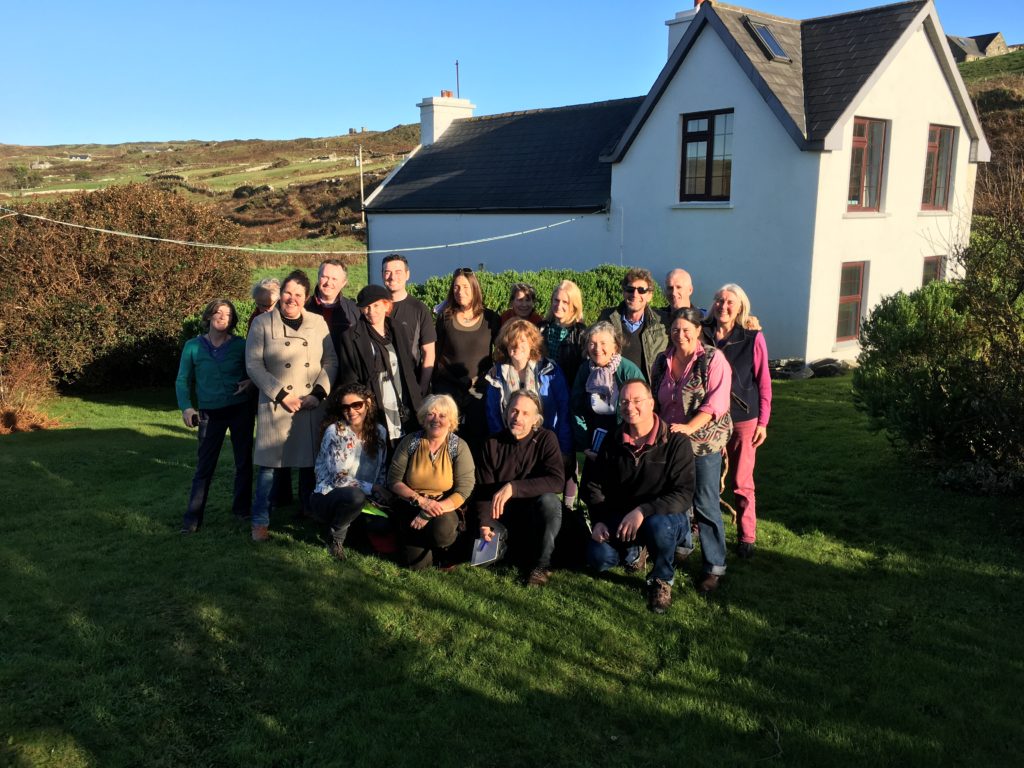

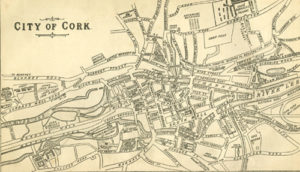
 You never can tell where a story will lead.
You never can tell where a story will lead.



